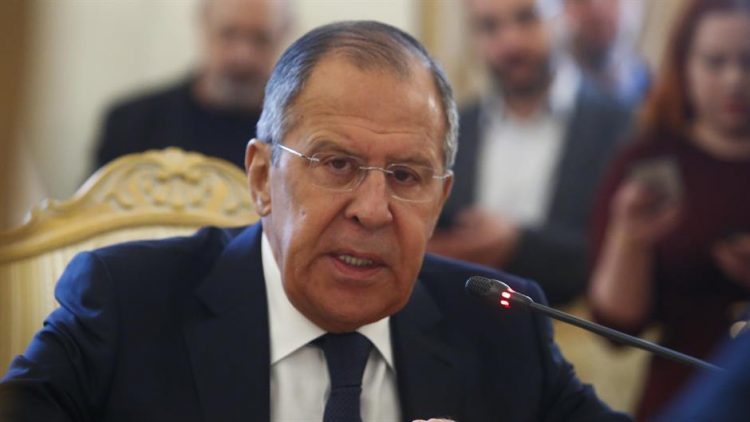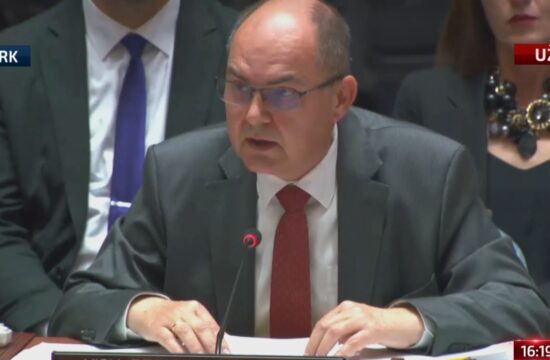
Russia cannot agree with Bosnia's membership in NATO, Russia's head of diplomacy Sergey Lavrov told reporters during at the annual press conference in Moscow on Wednesday.
“It is not Republika Srpska's welfare but its accession to NATO that is at stake. Russia cannot agree with that,” Srna news agency carried Lavrov, citing Russia's Tass news agency as a source.
Political representatives of Bosnia's Serb-run Republika Srpska (RS) entity strongly object to the country's accession to the alliance, which resulted in a resolution on military neutrality that the entity parliament adopted in 2017.
Bosnia's two major ethnic groups, the Bosniaks and the Croats, support the country's Euro-Atlantic integration, while the Serb politicians openly oppose the NATO membership, mostly due to the alliance shelling of Bosnian Serb artillery positions during the 1992-95 Bosnian war and its airstrikes on Serbia during the 1999 Kosovo conflict.
Despite the green light that the NATO foreign ministers granted Bosnia late last year to send the country's first Annual National Programme (ANP), which means a step forward in relations with the alliance, the Serb politicians have not changed their firm stance on this matter.
Resolution on military neutrality is an expression of political will of the RS people and its representatives and it obliged all those who respect RS laws, said Serb leader Milorad Dodik former President of RS and now the Serb representative in Bosnia's tripartite Presidency.
Linking the road to NATO to the Bosnia's integration into the European Union (EU) harms the country's EU road, Dodik told media a day ago.
Russia's senior official pointed out in the Wednesday's press conference that the US has had a rather critical discussion of Serbia's destructive role and its slowdown of Bosnia's accession to the alliance.
The rules being promoted in the Balkans are dangerous enough and keep alive the mania of all countries in the region to become member states of NATO as quickly as possible, the agencies quoted Russia's Foreign Minister as saying.
In a situation in which everyone demonstrates the intention to build a common economic and humanitarian space, to provide equal and indivisible security in the Euro-Atlantic region, it means the substitution of international law with the “NATO-centric” instead of universal rules, Lavrov said.




